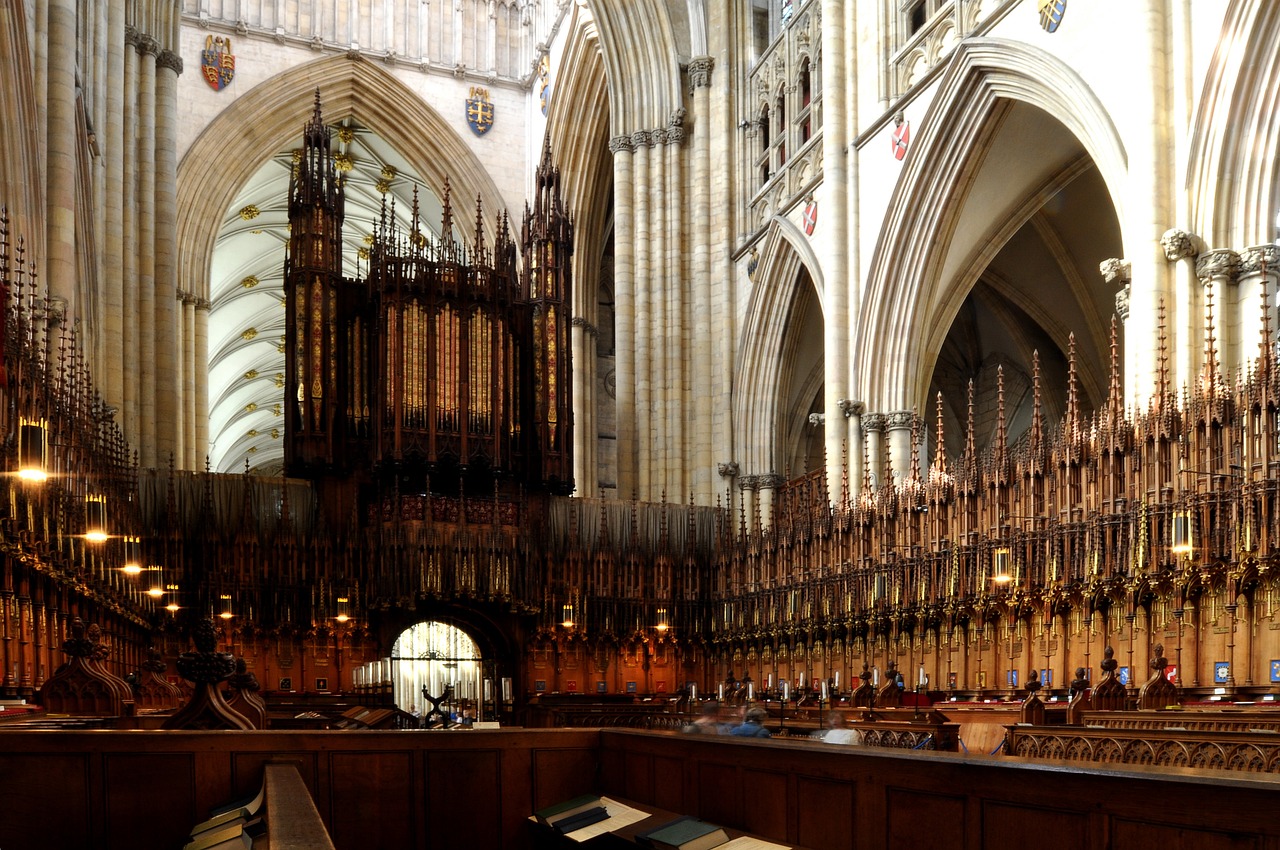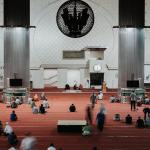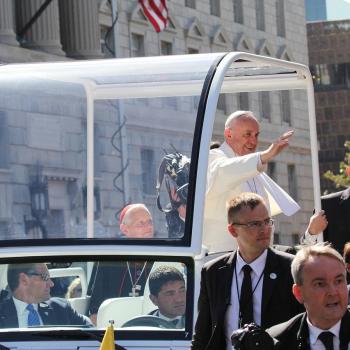
THE RELIGION GUY’S ANSWER:
The Archbishop of Canterbury, whose position has a 1,427-year history, is a major figure in world Christianity as head of the Church of England and, because of that, in modern times is also the spiritual leader of the international Anglican Communion.
This branch of Christianity encompasses some 85 million members in churches across the world. Most of them originated with missionary efforts in the colonial era, including America’s Episcopal Church. The archbishop is no pope, and these national churches are self-governing.
There will soon be a new archbishop, due to emergency circumstances. Justin Welby, whose term would normally have ended when he reaches age 70 in 2026, last week became the first archbishop ever to resign, and will depart as soon as feasible.
An independent investigation denounced Welby’s handling of a ruinous scandal involving the late John Smyth, a prominent lawyer and lay churchman, who committed “prolific, brutal and horrific” physical, emotional and sexual abuse of boys at evangelical camps in Britain and Africa. Details here: https://www.churchofengland.org/media/press-releases/independent-review-churchs-handling-smyth-case-published/ Welby initially vowed to stay on but ensuing church and societal fury made his continuing leadership untenable. Other church figures may also be toppled.
Intriguing and Secretive
The Church of England will now undergo many months of intriguing and largely secretive work to find a new archbishop untainted by the scandal. Adding to the buzz, the Church of England has had female bishops since 2015 so for the first time women are potential candidates to lead world Anglicanism and its mother church.
The new appointee will face huge challenges. The church is suffering serious decline in a secularizing England. A Foreign Policy magazine analysis sees the archbishop’s job as “impossible” amid the worst “crisis” since King Henry VIII’s 16th Century break from Roman Catholicism. And then some churches in Africa no longer recognize the archbishop as their global leader because England’s bishops agreed last year to allow church blessing ceremonies for same-sex couples. Responding to Welby’s scandal-ridden departure, Archbishop Stephen Mugalu of Uganda said “unfortunately, this is the same compromised leadership that has led to the fabric of the Anglican Communion being torn at its deepest level.”
The archbishop will be appointed pro forma by King Charles III in his role as the Supreme Governor of the church. Paradoxically, he will receive the name of the person he is to appoint from an atheist, Keir Starmer, who became Britain’s prime minister with the Labour Party victory on July 4.
If the scandal had erupted earlier, the new archbishop’s name would have been presented by Starmer’s predecessor Rishi Sunak, an adherent of Hinduism. Prior Prime Minister Boris Johnson was Catholic, and members of that church were barred from participation in Anglican affairs under terms of the Catholic Relief Act of 1829, the deal that allowed Catholics to hold public office.
Government Entanglements
Such is the situation when England’s church is “established” and entangled with government in a way that would be unthinkable in the United States – though far less so now than in former times.
A November 15 press release from the government Cabinet Office summarizes the process for choosing the new archbishop. In the first phase, the church will conduct internal consultations on what’s needed in England and in the Anglican Communion. The Crown Nominations Commission, which handles bishop appointments, will assess potential candidates and choose the finalist.
Starmer appoints the lay Anglican who chairs this commission. Its other members are the Archbishop of York or else a bishop elected by England’s hierarchy, a second elected bishop, in this case three delegates elected by a committee of the historic Canterbury diocese, three priests and three lay members elected by the church’s General Synod, and — in a 2023 Synod innovation — five foreigners representing regions of the Anglican Communion. There are three non-voting members: Starmer’s appointments secretary, Welby’s appointments secretary, and (another innovation) the secretary general of the Anglican Communion.
After investigations, the commission will elect its preferred candidate, and probably also a second “appointable” bishop in case the first choice cannot serve for any reason. In 2007, Labour Prime Minister Gordon Brown, a Scottish pastor’s son, established the policy that the prime minister “has no active role in the decision,” as the government release explained things, thus limiting secular political influence. Starmer will automatically send the commission’s recommendation to the king.
Twice Unable to Decide
By coincidence, in September England’s bishops decided to propose changes in the system to the General Synod after the Crown Nominations Commission could not agree on two bishop nominations. Under the new plan, the necessary margin for approval would be reduced from two-thirds to 60 percent, the Archbishops of Canterbury or York could break a deadlock, and commission members would no longer vote by secret ballot.
The early speculation includes several women candidates and three with international backgrounds. Guli Francis-Dehqani’s father, the bishop of Iran, was nearly assassinated and her brother was murdered. Martyn Snow was raised in Indonesia by missionary parents, and Graham Usher was likewise raised in Ghana.
Meanwhile, some are demanding that the Canberbury hierarch and other bishops no longer hold the traditional 26 seats in the House of Lords, a chamber of Britain’s Parliament. As for church and state more broadly, Prince William, the king-in-waiting, is thought to be less devoted to church matters than King Charles. Ruth Gledhill, former religion correspondent with The Times, carps that “dis-establishment in some form is looking increasingly likely in a future that seems less distant by the day. That’s if there’s anything left to dis-establish.”













